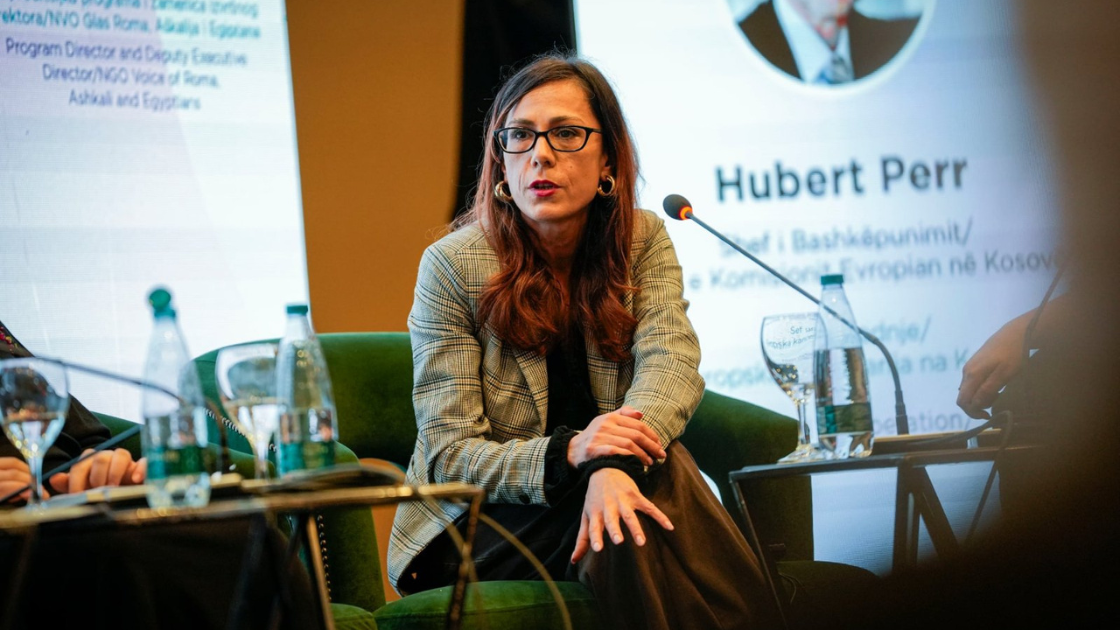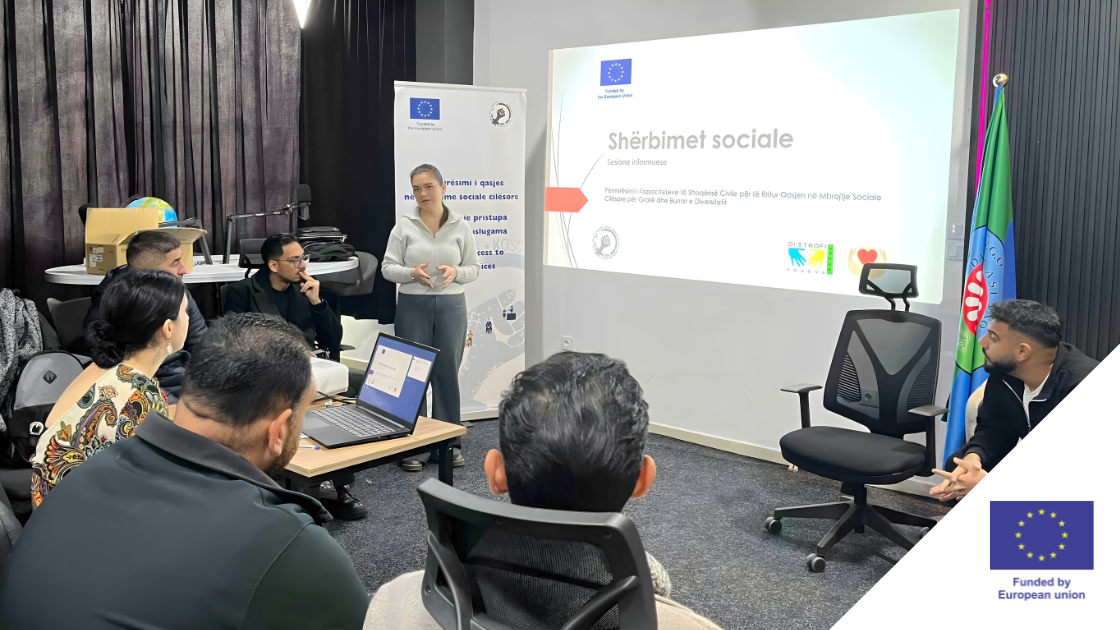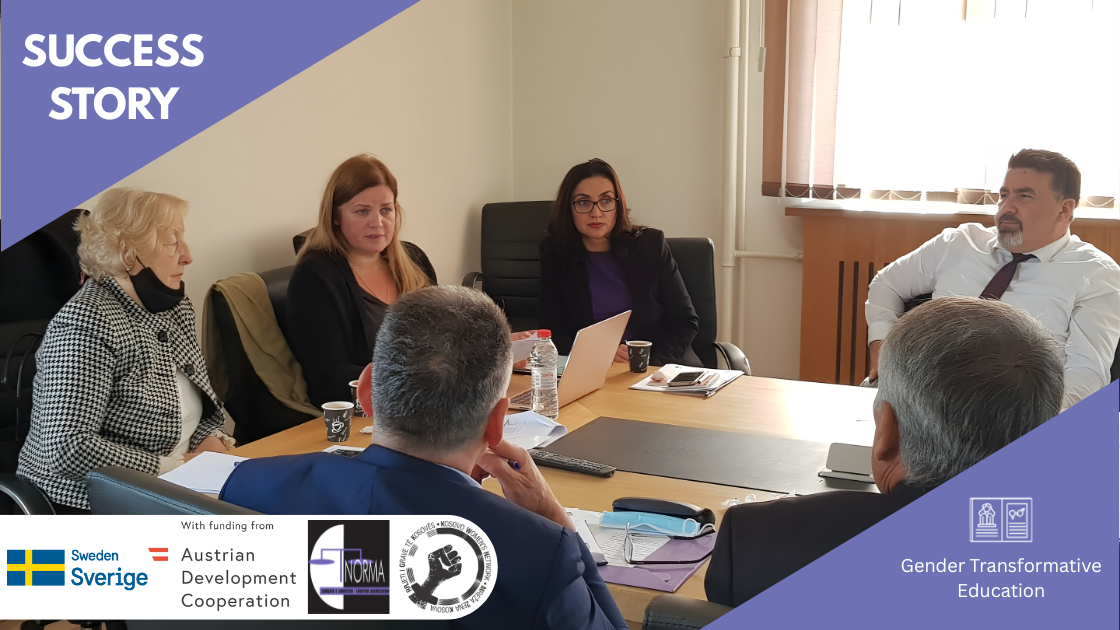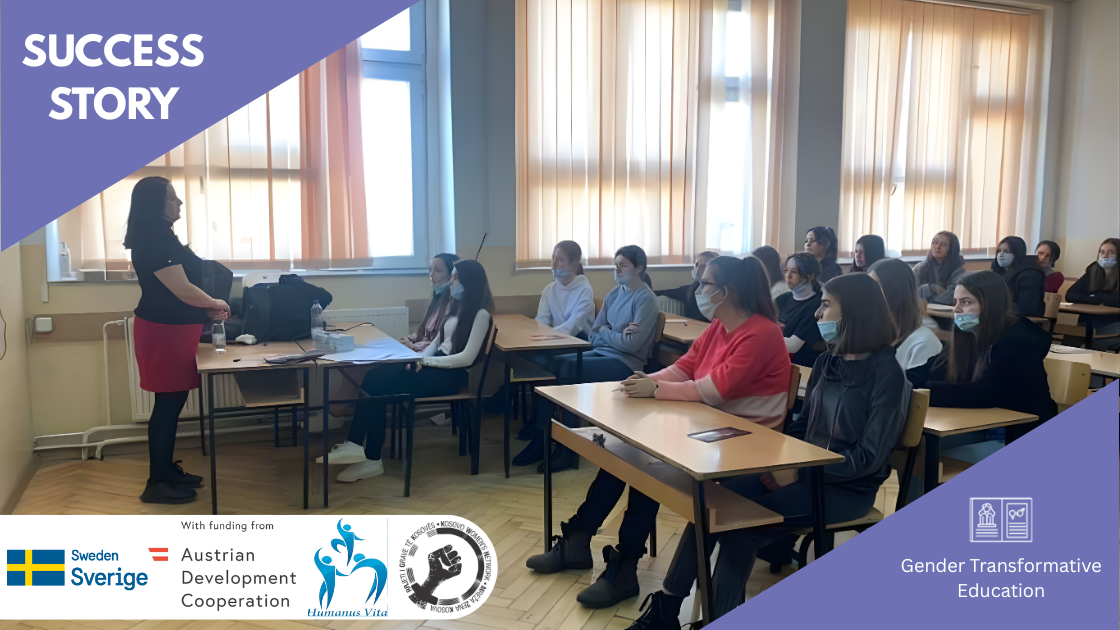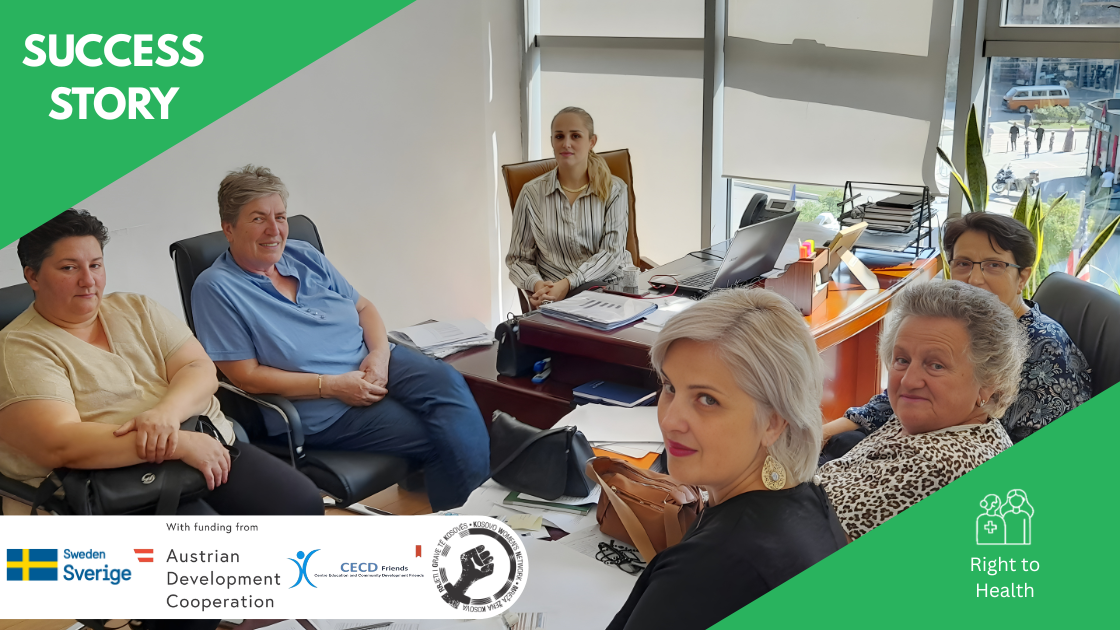Since May 9, the National Council for the Survivors of Sexual Violence during the War has organized several activities to contribute to the artistic installation “Thinking of you” by artist Alketa Xhafa-Mripa, which is dedicated to women survivors of sexual violence perpetrated during the war. Activities for collecting skirts for this exhibition were organized throughout Kosovo and will continue through 6 June. Locations where skirts can be donated include:
o Pristina: Kosova Rehabilitation Centre for Torture Victims (KRCT), Kosova Women’s Network (KWN)and Peer Educators Network (PEN) Monday-Friday 9:00-17:00; Dit e Nat, Monday-Saturday 08:00-17:00, Sunday 10:00-19:00; and Urban FM, every day 08:00-17:00;
o Peja: European College Dukagjini: Monday-Saturday 09:00-17:00;
o Ferizaj: INPO, fourth floor (Orchidee), Monday-Friday 09:00 – 17:00;
o Prizren: Lumbardhi Cinema – 24/7, Dokufest Offices, Centre Europa, EC Ma Ndryshe, Monday-Friday 09:00-17:00;
o Drenas: The Centre for Promotion of Women’s Rights, Monday-Friday 08:00-16:00
o Mitrovica: CBM (Community Building Mitrovica) Monday-Friday 08:00-16:00.
All citizens are invited to bring dresses or skirts for this installation.


